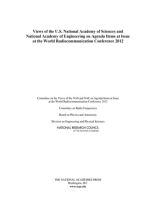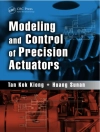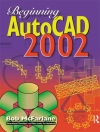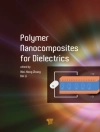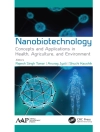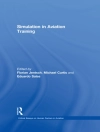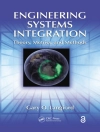The passive, receive-only Radio Astronomy Service (RAS) and the Earth Exploration-Satellite Service (EESS) provide otherwise impossible scientific observations of the Universe and Earth through the use of advanced receiver technology with extreme sensitivity and the employment of complex noise reduction algorithms. Even with such technology, RAS and EESS are quite adversely affected by what most active services would consider low noise levels.To ensure their ability to use the radio spectrum for scientific purposes, scientists must be party to the discussion in the lead-up to the World Radiocommunication Conference (WRC), which will next be held in January and February 2012 in Geneva, Switzerland. By request of the National Science Foundation and the National Aeronautics and Space Administration, the National Research Council was convened to provide guidance to the U.S. spectrum managers and policymakers as they prepare for the WRC in order to protect the scientific exploration of the Earth and Universe using the radio spectrum. While the resulting document is targeted at U.S. agencies, representatives of foreign governments and foreign scientific users will find its contents useful as they plan their own WRC positions.
Board on Physics and Astronomy & Committee on Radio Frequencies
Views of the U.S. National Academy of Sciences and National Academy of Engineering on Agenda Items at Issue at the World Radiocommunication Conference 2012 [EPUB ebook]
Views of the U.S. National Academy of Sciences and National Academy of Engineering on Agenda Items at Issue at the World Radiocommunication Conference 2012 [EPUB ebook]
Dieses Ebook kaufen – und ein weitere GRATIS erhalten!
Sprache Englisch ● Format EPUB ● Seiten 56 ● ISBN 9780309298407 ● Verlag National Academies Press ● Erscheinungsjahr 2013 ● herunterladbar 3 mal ● Währung EUR ● ID 7144424 ● Kopierschutz Adobe DRM
erfordert DRM-fähige Lesetechnologie
